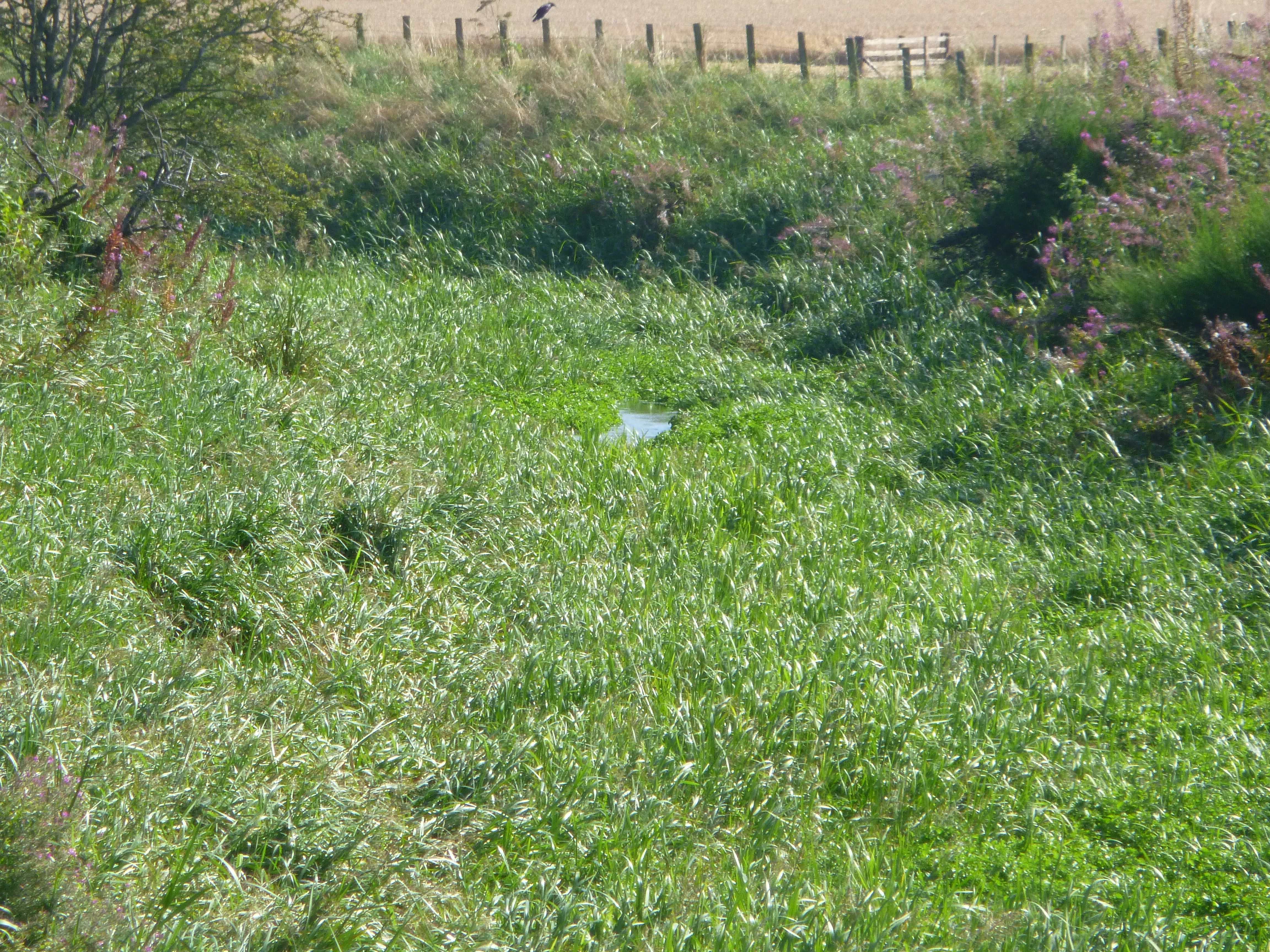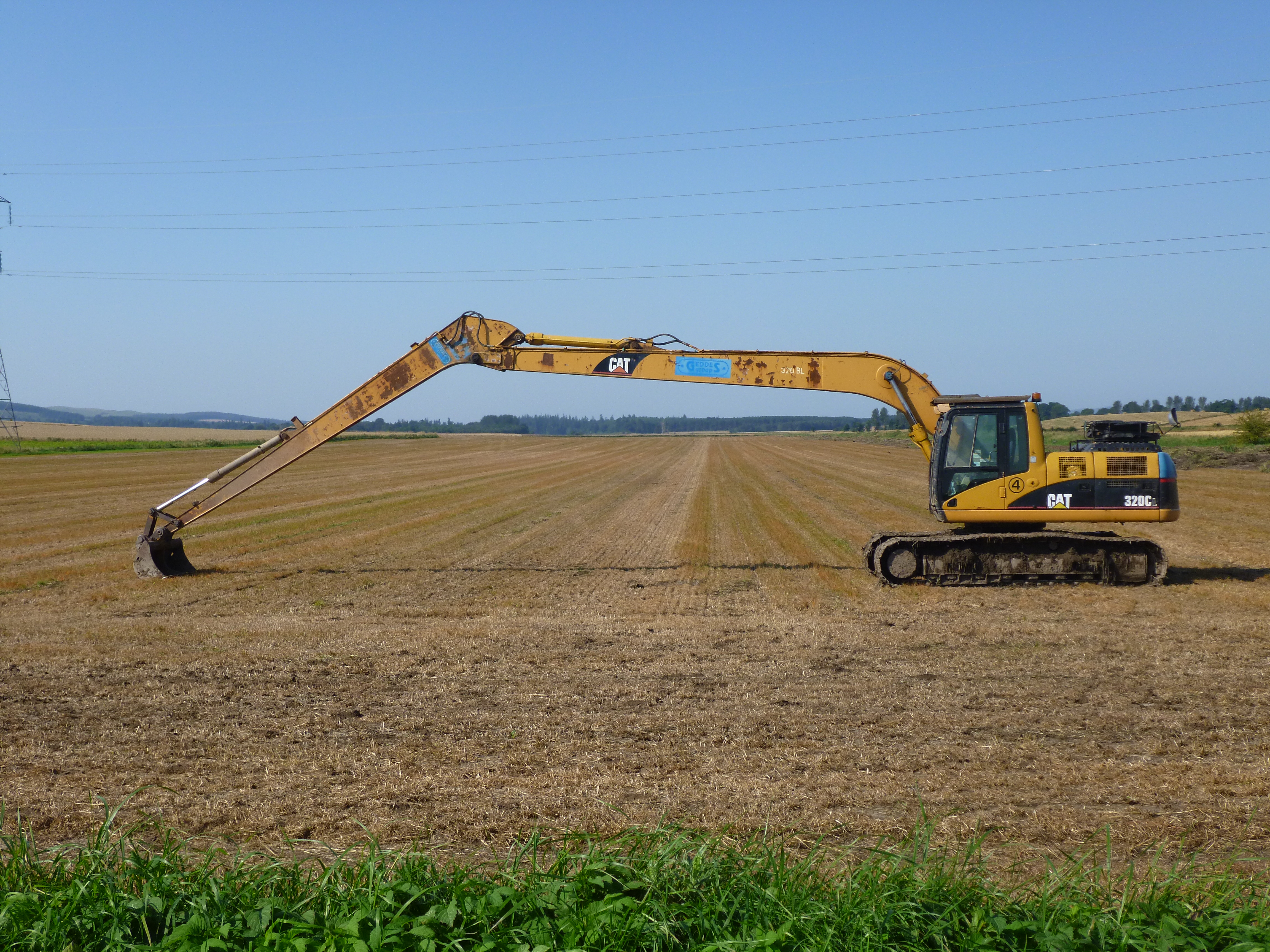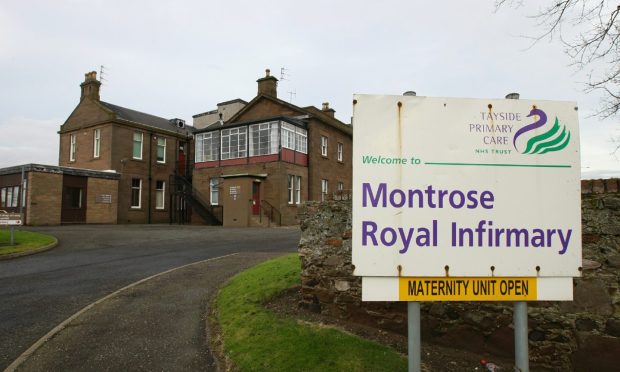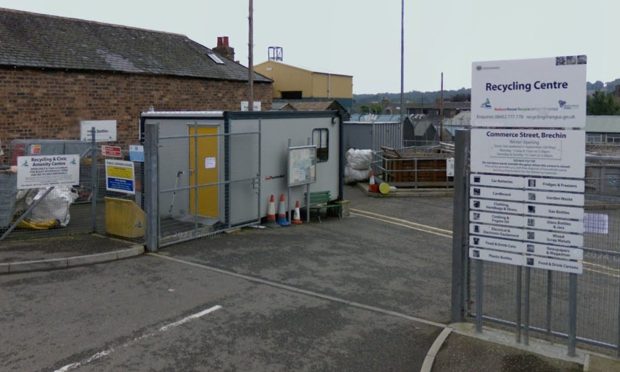A group of Forfar farmers have taken matters into their own hands to protect the town from flash flooding.
The landowners arranged for vegetation to be cleared from the previously overgrown waterway and say their work has dropped the level of Forfar Loch by more than half a metre.
This means the loch will be better able to drain away flood water, they argue.
The two-week scheme, carried out at the end of August, cost the group more than £10,000 and involved one man and a specialist digger clearing a 600-metre stretch of the river approaching the A90 and into Forfar.
Matthew Steel, East Ingliston Farm, said: “When the Dean is dirty it’s like the plug in your bath being half in. The water is not getting away nearly half as quickly as it needs to be.”
A flash flood closed Forfar town centre at the start of August, prior to the river being cleaned out.
Muddy water poured into West High Street after torrential rain, trapping shoppers inside a number of businesses.
Landowners Mark Guild, Kevin Soutar, Matthew Steel and Strathmore Farming paid for the work on the Dean Water after it became so clogged with weeds the water struggled to flow.
Mark Guild, builder and Whitewell Farm owner, said the clean out had protected the farms against losing thousands of pounds of high value crops planted in fields close to the river.
He said: “This is a good news story for Forfar.
“It’s good for the farmers because they have been able to drain their land but it’s even better news for Forfar because it’s enabling the water to leave the loch and escape and reduce the risk of flooding.”
A recent study of flood risk in the town showed almost 200 homes are at risk of regular serious flooding – some as often as once every two years.
Larger areas in and around the town, including parts of the nearby Orchardbank Business Park, were shown to be at risk of submerging under a metre and a half of water during a rarer, more serious flood.
The engineers recommended fitting buildings across the town with waterproof doors to protect against floodwater.
Mr Steel said the engineers had focused too heavily on “reactive” action rather than their own “proactive measures” to prevent flooding from occurring.












